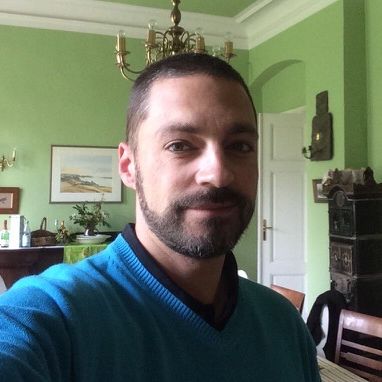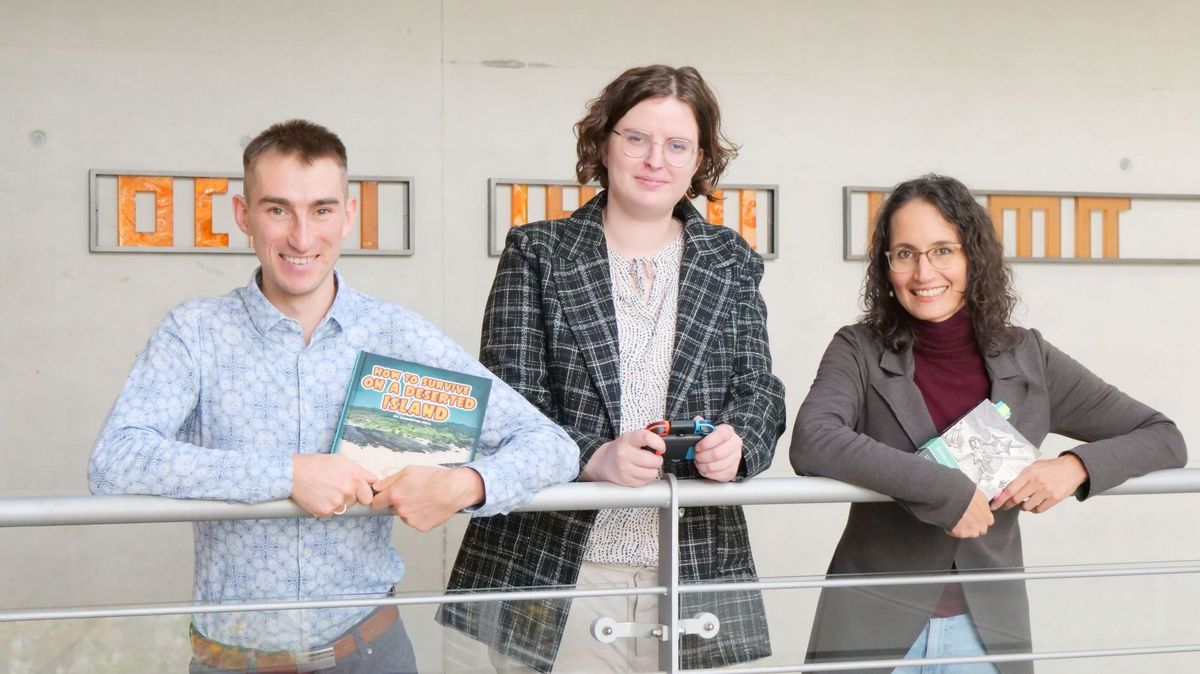The project is funded by the German Research Foundation (DFG) and explores literary, cinematic and digital adaptations of Robinson Crusoe in the 21st century. Learn more about its aims, its history, and theoretical foundation on this page.
Adaptations of Robinson Crusoe in Anglophone Literature and Popular Culture in the 21st Century
Daniel Defoe’s Robinson Crusoe is one of the first novels in the history of English literature and is nowadays available in well over a thousand editions, adaptations and translations. The longevity of the robinsonade as a cultural narrative can be seen in its history of adaptation: since its appearance, Robinson Crusoe has been adapted countless times, re-written intra- and intermedially, and also found its way into global Anglophone cultural spaces, such as Caribbean or South African literature (e.g. Derek Walcott, J. M. Coetzee). The representation of the stranded individual and the remote tropical island popularized with Robinson Crusoe gave rise to the literary genre of the robinsonade, which builds on Defoe's original text and is usually referred to as the 'desert island story' or 'castaway story' in English literary studies (Deist 2009). The robinsonade is defined by the following aspects: the motif of involuntary isolation on a distant island, the idea of a 'point zero existence' and the concomitant subversion of societal norms. It thus opens up the possibilities of social critique, points to both utopian and dystopian aspects, as well as (ambivalent) forms of representation of cultural contact with the 'other.'
The project investigates how adaptations of Robinson Crusoe are articulated as “cultural narratives” (Koschorke), i.e. it analyses not just the shifts and changes in the formal and aesthetic patterning of the adaptations across different media but also its larger cultural relevance and implications. As its productive history of adaptation in the 21st century illustrates, the robinsonade is such a cultural narrative which functions as a cipher for experiences of our late-capitalist, globalised and digitalised world. Using contemporary adaptations of Robinson Crusoe as our test case, we suggest that a transmedial literary and cultural studies approach can contribute to researching the forms and effects of cultural narratives. We thus aim to show that, due to the growing importance of the Internet and social media since about 2000, the significance of the Crusoe figure as a cultural narrative in literature and popular culture has undergone an important shift: In a large number of current texts, the robinsonade now functions as a symbol of the pre-digital, or rather, the desert island is now also increasingly accentuated as an offline space coloured by a nostalgia for analogue life worlds. Moreover, the project aims to enrich and modify contemporary theories of reception, in particular, Linda Hutcheon's theory of 'interpretative doubling' (the matching of the adaptation with the original text by knowledgeable readers/viewers, 2006), suggesting that the robinsonade actually triggers a process of 'interpretative multiplying.'
The project thus bridges the gap between literary and popular culture studies phenomena to offer a comprehensive perspective on literary, cinematic and digital texts. Furthermore, it embraces a decidedly transcultural, global perspective analysing the forms and functions of the robinsonade in the postcolonial Anglophone world in the 21st century.
On the History of the Project
The project was developed by our late colleague and renowned Defoe scholar Professor Oliver von Knebel Doeberitz, who also planned the different work packages and successfully raised the funds for the project from the DFG. He got the research team off to a good start. We all miss him very much.
After his unexpected death in the spring of 2023, Professor Miriam Nandi took over as principal investigator. This research project and the website are part of his significant legacy in the English research landscape, which we want to preserve.

